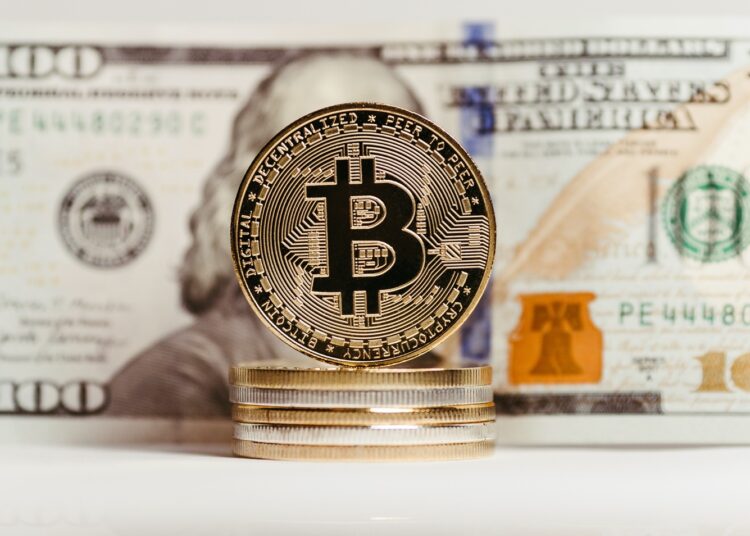The International Organization of Securities Commissions (IOSCO) recently announced the world’s first global approach to regulating crypto and digital markets.
Amidst concerns for transparency and stability, this move also stems from last year’s FTX liquidity crisis and scandal. The proposed regulatory standards aim to deal with issues of conflicts of interest, market manipulation, cross-border regulatory cooperation, custody of crypto assets, operational risks, and treatment of retail customers.
Previously, the problem surrounding regulating the crypto ecosystem has been surrounded by turmoil and disruption in the market. Issues include market failures of stablecoins, hedge funds, and exchanges, leading to concerns about market practices, client protection, and the risk of financial instability. Industry experts have long called for robust, globally consistent, comprehensive regulatory responses to achieve effective crypto regulation and supervision.
How this will affect brokers
In crypto trading, brokers are firms or individuals that act as middlemen between the crypto markets and the crypto traders looking to buy and sell crypto assets. As such, crypto regulations can significantly impact how they operate. Brokerages offering crypto trading would have their own established rules and regulations, which may need to be adjusted as the regulations aim to change ongoing trades. A strong brokerage will guarantee no slippage for virtually all pending orders executed at least three hours after trading opens for an instrument. Of course, this rule has specific exceptions, during which orders would be executed at the first market quote that follows the price gap. This includes periods of low liquidity or high volatility affecting market conditions.
While most leading brokers will have similar rules in place to help protect trader assets, the new global regulations proposed by IOSCO will offer a failsafe against broker malpractices such as front-running—the act of trading by a broker who has inside knowledge of a future transaction that is about to affect its price significantly. In crypto trading, using front-running bots has threatened enormous losses for traders as bots are set up to buy before a buyer and sell right after to profit.
How this will affect traders
For crypto traders, IOSCO’s standard for global regulations and its focus on providing transparency between brokers and traders can help reduce the risks associated with crypto trading while upholding the integrity of the crypto market. For example, globally implemented regulations can help eliminate cases of market manipulation. A 2021 report from Deloitte warned that up to 90% of crypto trading could be vulnerable to market manipulation—the attempt to artificially affect the price of an asset and/or the behaviour of markets.
Several small and lesser-known exchanges in the crypto sector are less regulated against market manipulation tactics such as pump and dump—a series of sales and purchases of a cryptocurrency to create the impression that an asset is performing well—or, quite simply, the dissemination of false information. Requiring transparency reports from brokerages in clear, accurate disclosures on crypto risks is a step in the right direction to help protect crypto traders and their investments.
Ultimately, the announcement from IOSCO may change the future of the crypto industry for the better. Namely, the proposals for global implementation can help limit the risk of regulatory arbitrage and any abuse of region-based loopholes. A global framework will also help protect crypto investors and their assets better while deterring non-compliant parties, including shady brokers and malicious third parties.













